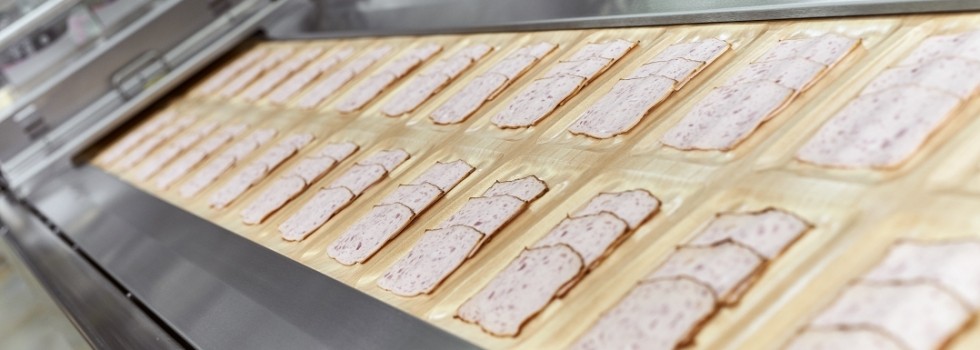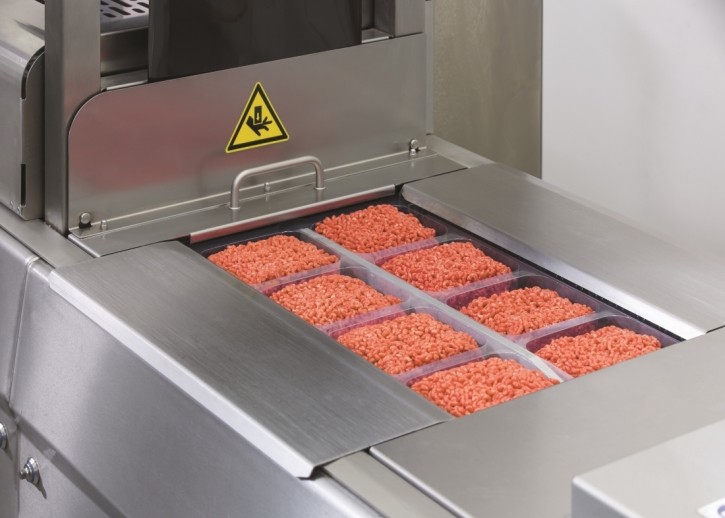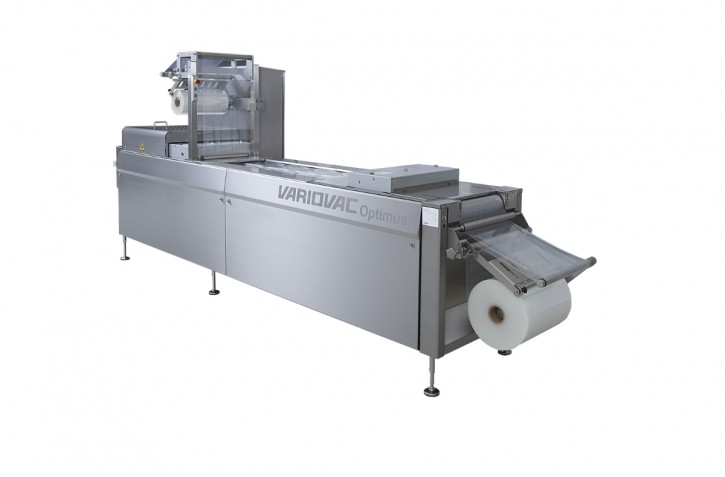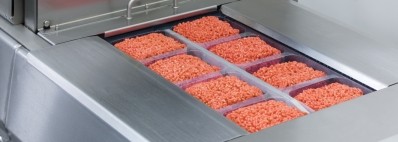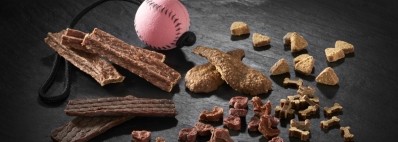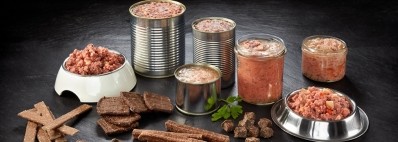Promotional Features
Why sustainable food packaging goes far beyond the materials used
While much of the recent focus on food and drink packaging has been on the sustainability of materials used, broader consideration needs to be given to the entire processing operation, as it’s this which ultimately determines the right pack for the right product, says Reiser.
With much discussion in recent times around plastics, recycling and the recyclability of food packaging, there is sometimes a tendency to miss the bigger picture.
Demand for materials such as rPET and cartonboard has put huge strains on supply and pushed prices higher as manufacturers strive to satisfy the environmental concerns of both retailers and end-consumers. However, providing successful and sustainable food and drink packaging goes far beyond the use (or not) of plastics. Factors to consider include the robustness of the packaging for transport; the safety of packaging to protect the contents throughout the supply chain and give sufficient shelf-life; and the need for packs to conform with increasingly stringent legislation surrounding sustainability.
What’s more, a lack of infrastructure to fully recycle and reuse plastics in the UK has led to frustration for food and drink manufacturers and confusion among consumers about which plastics can and cannot be recycled.
A recent report by Helen Jordan, sustainability manager at the British Plastic Federation (BPF), and Steve Morgan, head of policy & infrastructure at RECOUP noted: “Industry has repeatedly called on the UK government for support around the investment in plastic packaging recycling infrastructure in the UK.” The report pointed out that there were numerous commercial and environmental advantages in investing the UK’s capabilities to recycle plastic – among them, a much less complex supply chain.
Meanwhile, legislation such as the Plastic Packaging Tax – payable if manufacturers have used or imported packaging components which contain less than 30% recycled plastic – is compounding the pressure on manufacturers as businesses strive to find other materials to avoid paying the tax, leading to the use of alternative materials that can be difficult to recycle.
At the heart of this drive for more sustainable packs is the consumer awareness of packaging waste in oceans and landfills. However, as a report by McKinsey points out “large amounts of packaging produced today cannot be recycled in existing recycling systems”, which it says is especially true for multi-material packaging, and “the recycling rates for plastic packaging are relatively low” with the plastic packaging recycling rate in Europe cited by Eurostat as 40% compared to 80% for paperboard and 75-80% for metal and glass.
Fitness for purpose
Reiser UK packaging specialist Mike Carrington agrees that the biggest talking point in the packaging industry at the moment is recyclability and recycling, along with the use of recycled and recyclable materials, and then determining the fitness of purpose of those materials for the application a manufacturer is trying to satisfy. “There is an inextricable link between the packaging style and type and the product being put into it; the two have to be considered together,” he says. “That’s the real challenge, because a lot of the materials manufacturers might like to use – due to them being perceived as more environmentally friendly – are just not suitable for the application they want to use it for.”
He highlights the recent example of minced beef being packed in a flexible vacuum pack as opposed to a modified atmosphere tray. “Typically, the film we would use for that would be a nylon polyethylene, for which there isn’t a recycling stream at the moment. So using a mono-based top film that is recyclable presents challenges in terms of its ability to create a pack that gives you the barrier you need.”
As Carrington points out, any type of plastic material can be recycled or go back to its component parts to make other types of plastic film or goods out of it, but the infrastructure in the UK is lacking for this to be done easily. More importantly, however, he says the focus needs to be on the suitability of certain materials for the type of product being packed, which is very dependent on the process the product goes through before it gets into the pack.
Reiser packs a wide variety of products, including meat, sausages, poultry, bakery, plant-based foods and pet food. “Because of our expertise in the preparation, portioning and loading side of the operation, we can offer suitable packaging to manufacturers,” he says.
As an example, he cites one company producing dog food, which – due to the process they were using prior to the product going into the pack, meant they had to use a much thicker film than necessary. “They were trying to cook the product and it was expanding,” he explains. “We were able to look at the processing side of their operation and make a much colder, more solid block of food to go into the pack, so they could downgrade the level of film significantly. So it’s not all about the pack – it’s about the processes that go into the manufacture of the product prior to packaging.”
Simpler, faster, better
One of Reiser’s strengths, he says, is that the company can consider the complete system and advise manufacturers on packaging according to the type and nature of the processes needed to achieve the end-result. “For example, trying to use any form of board or cardboard to any depth in a pack is pretty impossible, as it would just tear. But at Reiser, we can form shallow packs that manufacturers can use thanks to the Rapid Air System on our Variovac horizontal form/fill/seal thermoformer.”
The Rapid Air System can help increase production rates of high-quality packs from a variety of materials, he notes, while the stainless steel Variovac equipment is rugged and efficient, with a simple design that allows for easy cleaning and maintenance. “The strapline for Variovac is ‘simpler, faster, better’,” he says. “And that’s what we try to do – come up with the simplest machine that can make the highest-quality pack to meet the customer’s specifications.
“Machines are becoming far more energy-efficient, as manufacturers’ energy costs have gone up substantially in recent times, so they are looking to keep down the cost of ownership of equipment, which needs to be robust and durable.”
Customers are able to test out any equipment processes in the company’s test centre in Milton Keynes, which boasts all the necessary preparation, processing and packaging machinery needed to trial a production run, with machinery that is completely scalable, he says. “So you’re getting a proper reflection of what would happen in a production environment.” In that way, customers are able to trial any type of packaging film on their product to see if it can form a correct pack with the right barrier properties before they invest in a full production line.
Other advantages of Reiser’s equipment include the ability to integrate with third-party equipment – for example auto-loading equipment or other downstream machinery, he adds. And beyond the Variovac, the company has a wide range of other possibilities, from the Supervac vacuum chamber machine, which handles a wide variety of different product sizes, to its Ross tray sealers if customers are using pre-made trays.
“We understand processing and we understand packaging,” concludes Carrington. “So it’s all about considering the nature of the product being packaged and the packaging style or materials needed – and, in a nutshell – that’s what we do.”
To discover more about Reiser’s Variovac horizontal form/fill/seal thermoformers click here. Alternatively call 01908 585300 or email fnyrfhx@ervfre.pbz
